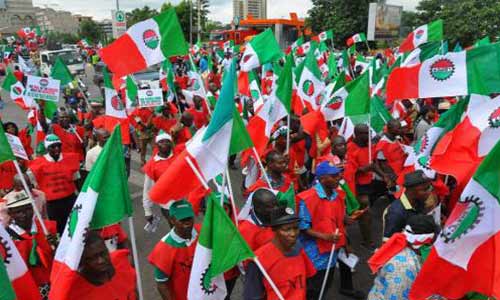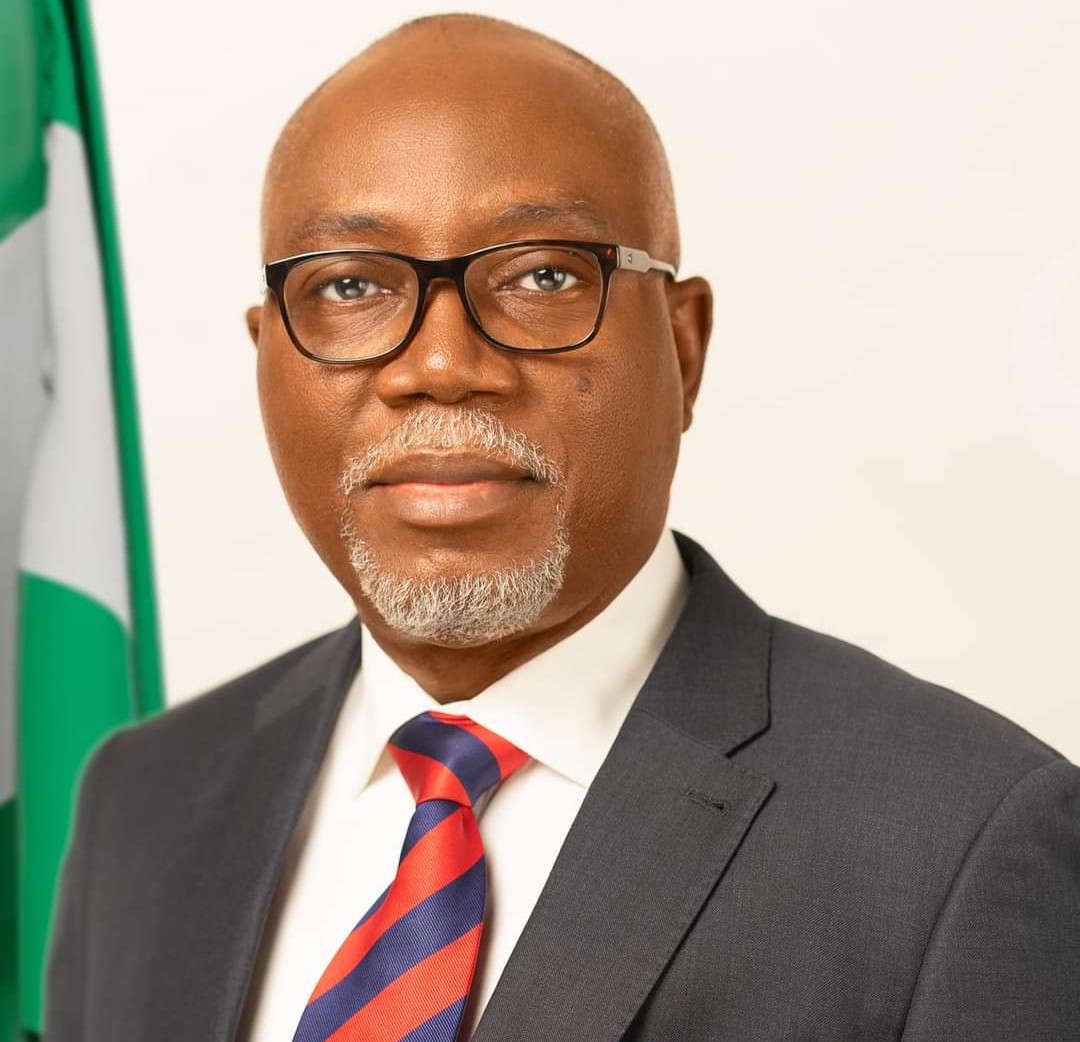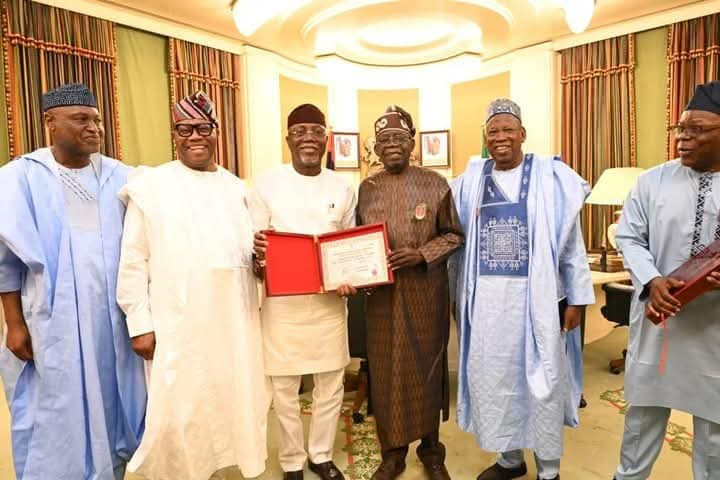By Nudoiba Ojen
THE organised labour has demanded speedy implementation as President Bola Tinubu signed into law the new National Minimum Wage Act on Monday.
The President had approved N70,000 and national minimum wage, sent the bill to the National Assembly which in turn passed it last Tuesday.
The Head of Public Affairs of the Nigeria Labour Congress, Benson Upah, said, “We are happy and urge government to sustain the same momentum in the calculation of consequential adjustments, payment of the new minimum wage and arrears”.

Also, the Deputy Vice President of the Trade Union Congress, Tommy Etim, said, “It is a welcome development and we expect the immediate implementation by the federal, state government and the organised private sector.”
Akpabio, who addressed State House Correspondents after the signing ceremony, said, “I’m ecstatic. I’m excited about the Nigerian worker and the national minimum wage amendment, which applies to the whole nation, the Federal Government, the states, the local governments, the private sector, and even individual employers.
“So, I think this is a great day for the workers in the country. We are not only doubling the minimum wage, but we have also added something on top. Initially, it was N30,000; now, it is N70,000.”

He emphasised that with the N70,000 new minimum wage, “no Nigerian worker will offer services and be paid anything less than N70,000 from today.
“That is the implication of this Act. It applies all over the nation. And we are excited that this is happening at a time like this through President Bola Tinubu.
“Like I said, this is not the maximum. Any employer with a capacity can pay as much as you want.
“And you’ve seen what we are doing in the National Assembly. When it came, the entire National Assembly moved and passed the bill in one day out of excitement. We felt that this was not something we could delay.”

Meanwhile, the Federal Government allayed fears of non-compliance with the new minimum wage, saying the extensive negotiations and consensus-building undertaken from early February to July meant all the relevant stakeholders were involved.
The Minister of State for Labour, Mrs Nkeiruka Onyejeocha, affirmed this when she briefed journalists after Monday’s Federal Executive Council meeting.
“What should a Labour Minister do when people don’t pay? The most important thing is that this minimum wage has been passed and that all Nigerians were involved—all the stakeholders, the governors, the representatives of the local government, which is ALGON and of course, the organised private sector and organised labour and the government itself.
“Conversations were held and it passed through the process, and it has become a law and I believe that we are responsible Nigerians and we want to promise Nigerians that we’re going to do that”.




